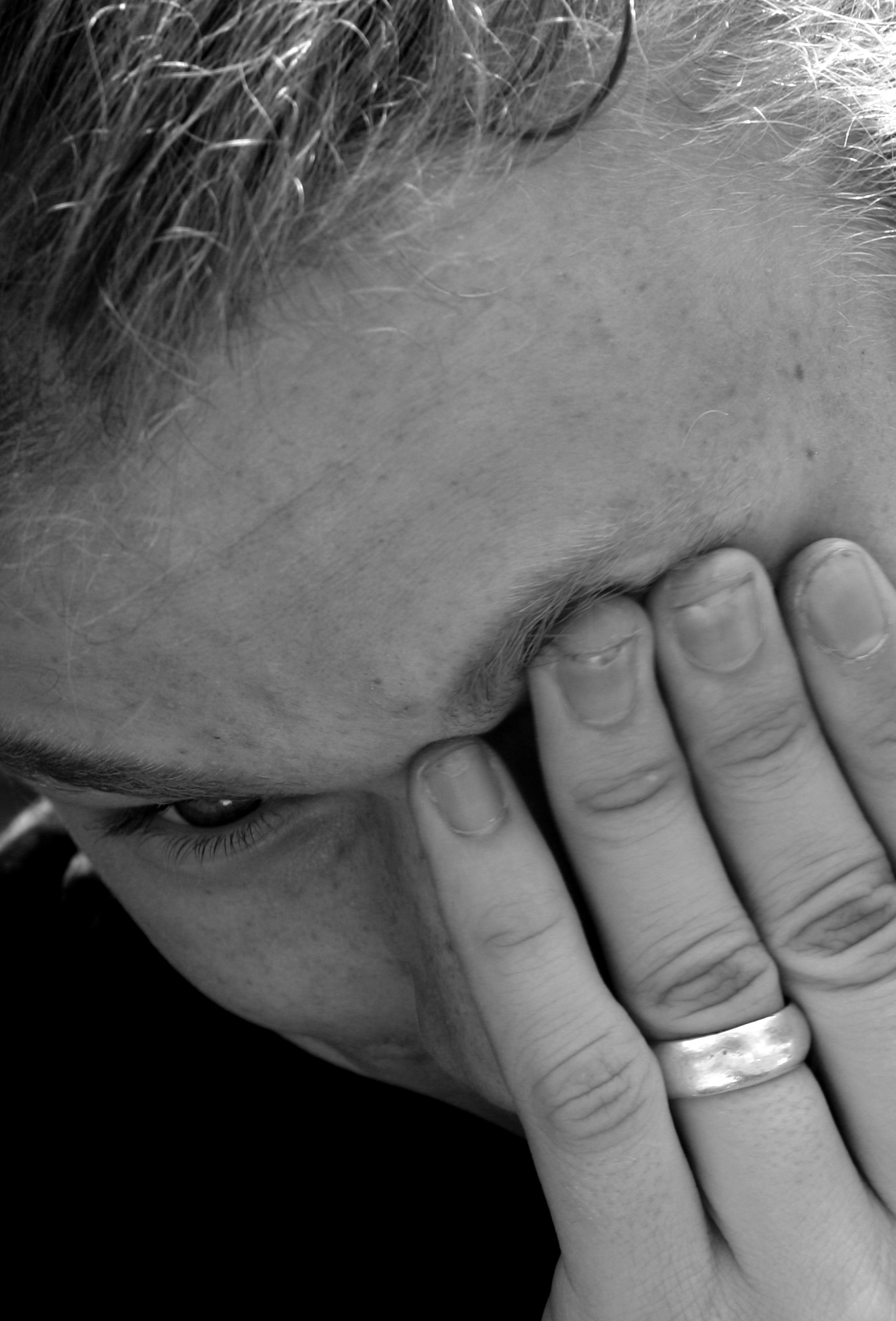I believe there is a lot of focus on women and how stress negatively affects their ability to conceive. I stumbled across a research article reviewing the impact of stress on sperm. Let’s face it – the treatment process is geared towards women. Women are encouraged to “relax” – get massages and acupuncture to enhance their reproductive cycle. There is a whole world of books and meditation tapes for women on the fertility journey. What do guys get? Nothing.
Men experience depression and anxiety with the fertility journey. Infertility is a silent progression towards frustration, sadness and fear. Guys become frustrated when they can’t help their significant one feel better. Guys want to problem solve and “fix it”. They feel discouraged when the emotional fertility journey can’t be solved for women. They get upset that their sex lives are timed and demanded. Men do have great sadness over how the fertility journey changes their lives, wives and their dream family. Fear often creeps in as the fertility journey moves to a clinic. The fear of being “the issue”, having a stranger review their health and take a closer look at the sperm. Since men are quiet about their feelings, they are often ignored and not provided the support required to stay healthy physically and emotionally.
Studies clearly indicate that “stress was negatively correlated with semen measure, in particular morphology”. Currently morphology is a test used to predict possible DNA quality. Thus, if stress impacts morphology, stress might impact sperm DNA quality. In fact, “more than two recent stressful life events increased the risk of being classified below the threshold for “normal” sperm concentrations, motility and morphology”.
If a man can’t cope with the situation, the production of stress hormones decrease blood flow to the testes and reduce testosterone. Less testosterone leads to poor sperm genesis. Research has shown reduced testosterone can cause depression, enhancing the feeling of hopeless and stress. Men experiencing grief and sadness associated with infertility have been found to be at a higher risk for depression, lower testosterone and poor sperm parameters.
The research is only preliminary but the information cannot be ignored. Men could benefit from distressing and support in the journey to have a family. It’s a shame that women’s eggs become the focus. Men and sperm are being completely discounted. If a couple has unexplained infertility, men as well as the women should be a part of the treatment plan.


